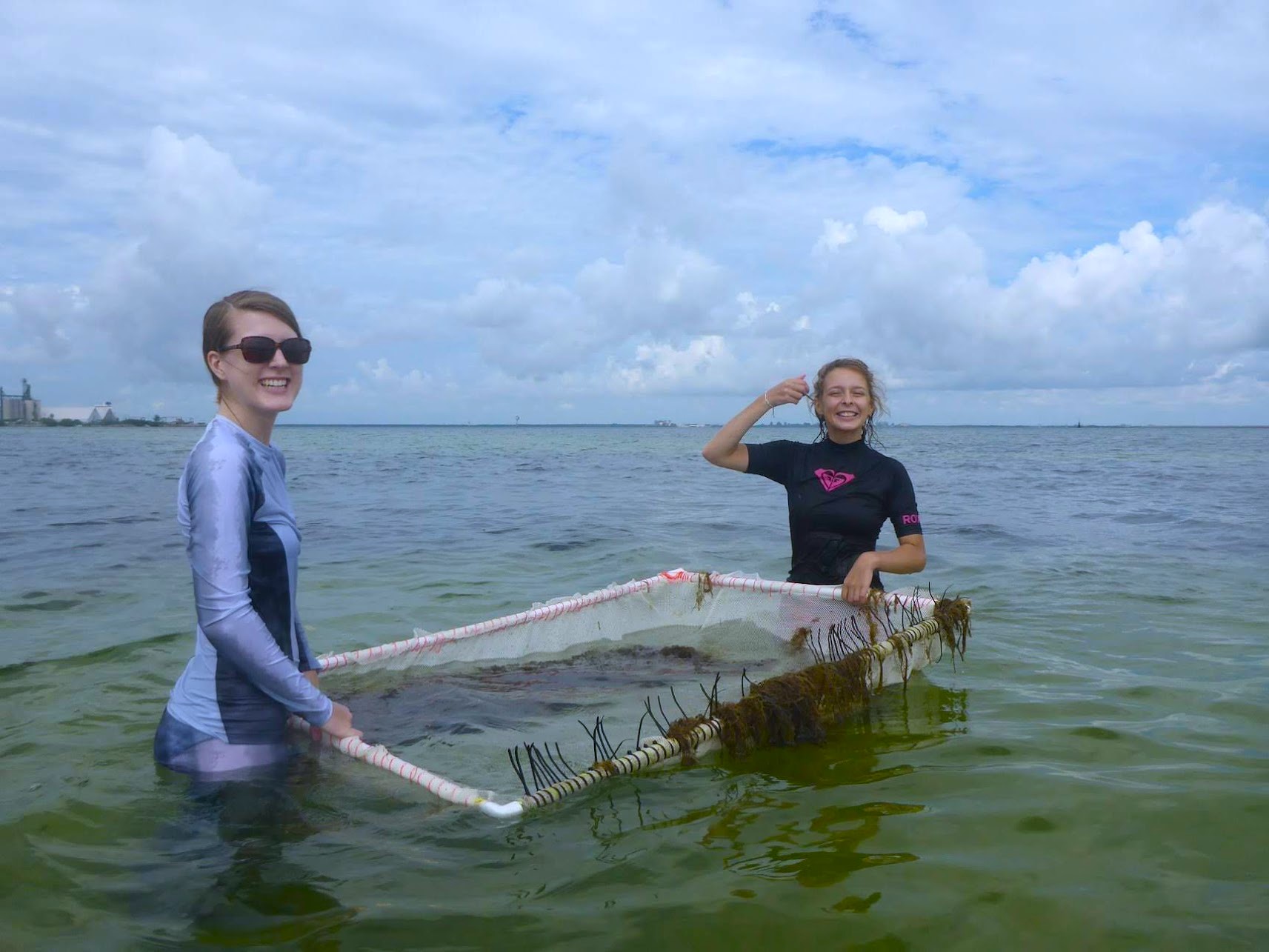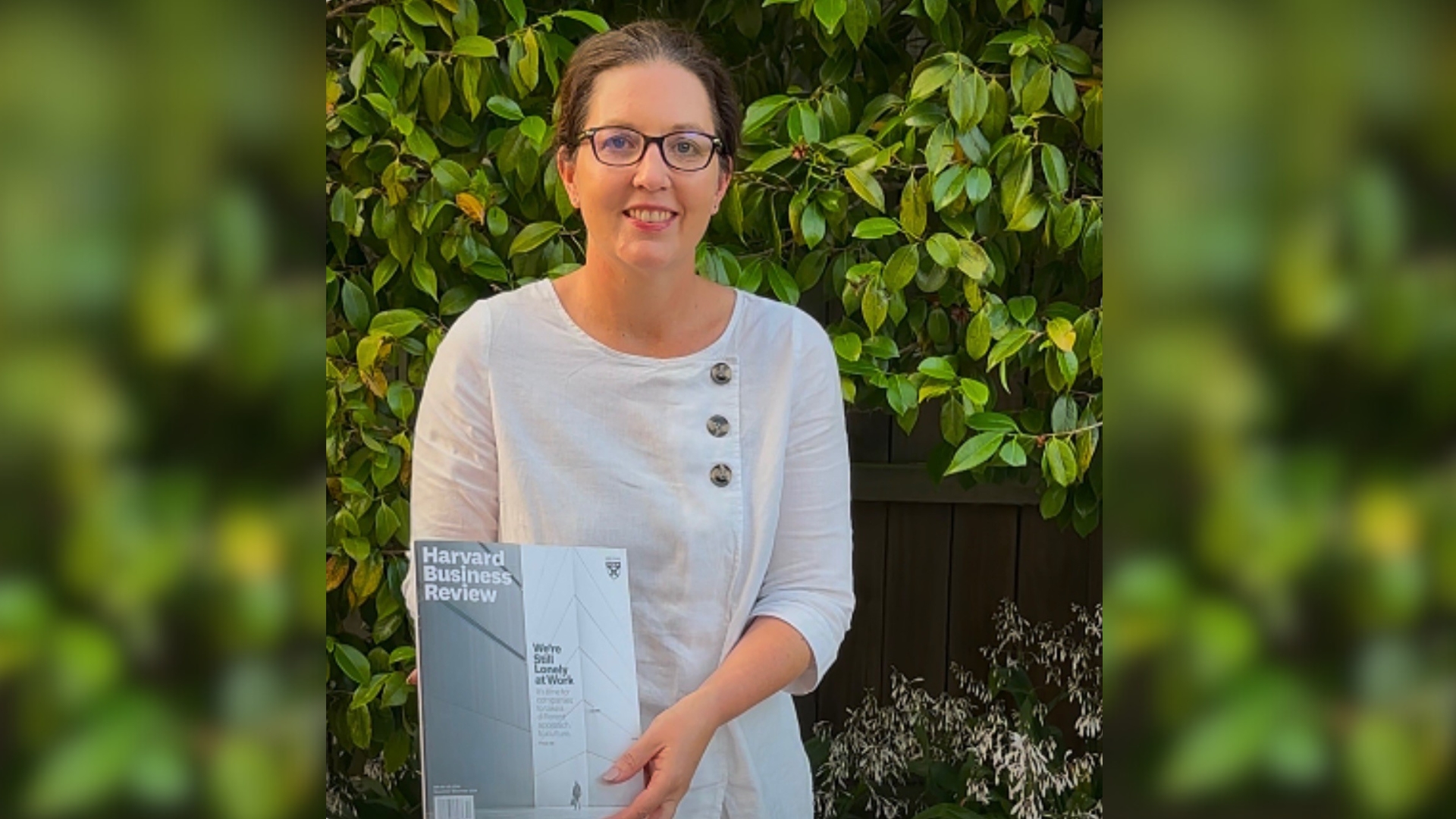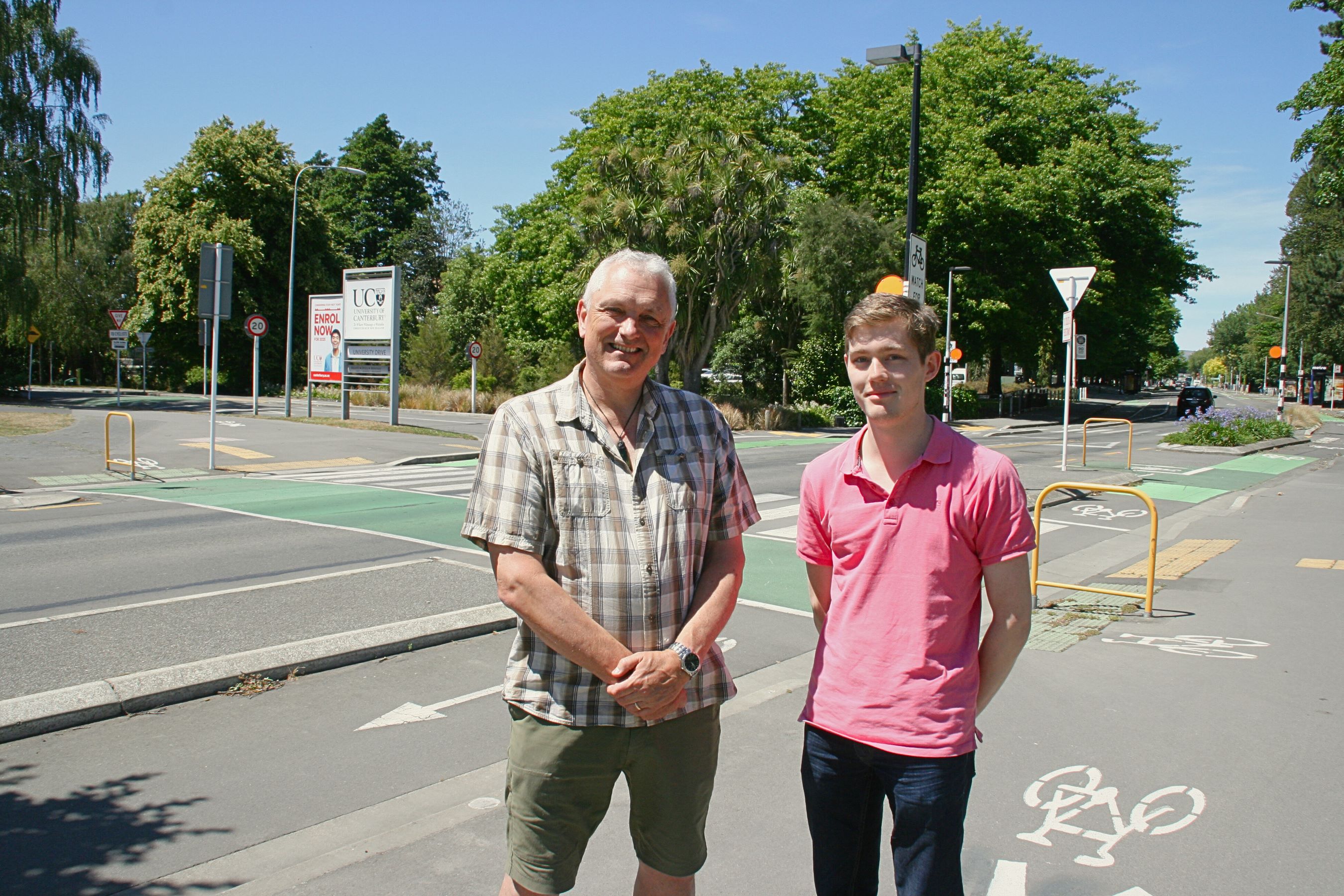A new research partnership between the University of Canterbury and the University of the South Pacific will address the Pacific region’s urgent requests to listen to, and share, indigenous solutions for climate change challenges. Photo: Simon Sees, Wikimedia Commons
The Pacific region is one of the most vulnerable regions in the world, but the Pacific people also have a long history of resilience to environmental changes and natural hazards.
The three-year, $4.6 million project addresses a lack of research into community resilience and response mechanisms, and the ways indigenous knowledge can work with social sciences and natural sciences to inform a range of responses, from government policies to community plans. The findings, from 16 countries, will highlight Pacific solutions to Pacific experiences, sharing these experiences across the region and the world.
Pacific, New Zealand and international researchers will carry out the research with an interdisciplinary approach that includes Pacific and culturally-relevant methodologies.
 Director of the University of Canterbury’s Macmillan Brown Centre for Pacific Studies, Professor Steven Ratuva is leading a three-year project to gather Pacific views on climate change action.
Director of the University of Canterbury’s Macmillan Brown Centre for Pacific Studies, Professor Steven Ratuva is leading a three-year project to gather Pacific views on climate change action.
The research will capture community-based approaches and innovations in responding to the climate crisis and how these responses impact on national, regional and global trends and policies.
Professor Steven Ratuva, Director of the Macmillan Brown Centre for Pacific Studies and University of Canterbury team-lead, says trans-disciplinary innovation is needed to explore the multi-layered impacts of the climate crisis on the environment and people in the Pacific and beyond.
“The project is a unique opportunity to weave science, social science, humanities and indigenous ecological knowledge in creative, innovative and transformative ways to respond to the ongoing climate calamity.”
The research will add to the global understanding of climate change in the Pacific region and will contribute to the United Nations Framework Convention on Climate Change Global Stocktake in 2023. It will also provide valuable data and information to Pacific governments international agencies, regional organisations, civil society groups and Pasifika peoples.
Professor Elisabeth Holland, Professor of Ocean and Climate Change and Director Pacific Centre of Environment at the University of the South Pacific says the project responds to increasingly urgent calls from our Pacific Leaders and people to address the climate crisis.
“It is truly a first of its kind synthesis of research on both Climate Change and the ocean in the Pacific. This ‘by the Pacific for the Pacific’ project provides the opportunity to amplify community voices in the ongoing national and international discussions.”
The project is unique in forming a partnership between New Zealand and Pacific researchers to weave new scientific and innovative indigenous knowledge together in a collaborative way. By adopting a broad and inclusive approach, the project draws together a diversity of cultures, countries, institutions and knowledge to provide a richer understanding of climate crisis and Pacific resilience, building on a foundation of interdisciplinary Pacific research. The project is funded by the New Zealand Ministry of Foreign Affairs and Trade.









